
Though many schools have returned to a semblance of “normal” activity since the pandemic, teacher retention has become a critical issue facing schools nationwide. With increasing rates of burnout, lack of support, unrealistic expectations, educators are still leaving the profession at alarming rates.
In this article, we will explore the root causes behind teacher attrition and how MirrorTalk, an AI tool that helps teachers (and their students) build reflective routines, can remediate these experiences and help educators rediscover their passion for education.
Why do teachers quit?

Burnout is an extreme result of chronic stress that causes depression, anxiety, and other mental health issues. Teachers experience this more than any other profession in the US.
Teachers who endured the COVID-19 pandemic witnessed the most significant upheaval to their work-life balance than at any other time in their careers.
Overnight they became technology experts, quasi-school counselors for emotionally dysregulated students, struggled to balance work and home lives teaching remotely, and threw themselves even more into their work because of their devotion to students’ success.
Teachers, like healthcare and frontline workers, are naturally pre-disposed to put their students’ oxygen masks on before their own. So too often, they burnout. Hard.

Educators have begun to feel increasingly isolated, neglected, and unsupported due to myriad factors that have been exacerbated since the pandemic. While they once relished being considered experts in their field, more and more teachers report feeling undervalued by administrators, parents, and students.
The ending of pandemic-era-related federal funding and budget cuts are hurting everyone and everything in education, but the shortages of key personnel such as mental health counselors, paraprofessionals, and coaches affect teachers worse than anyone else.
Without adequate support personnel, teachers increasingly must manage dysregulated students who disrupt their learning environment while keeping up with their increasing workload (see the next section). Worse, some administrators turn a blind eye and only step in after repeated or escalated events occur involving the same students.
Community is so important in education because teachers need a strong support network to help navigate the complexities of their profession, but there is simply not enough time built into a teacher’s already hectic schedule to seek regular support from their peers. And the once-in-a-while networking that happens only during school or district PD is not frequent enough to help struggling teachers connect, collaborate, and grow, despite these events’ promises to deliver on all of these things and more.
Without proper resources and support, dedicated educators inevitably say ‘enough is enough’ and seek alternative career paths.
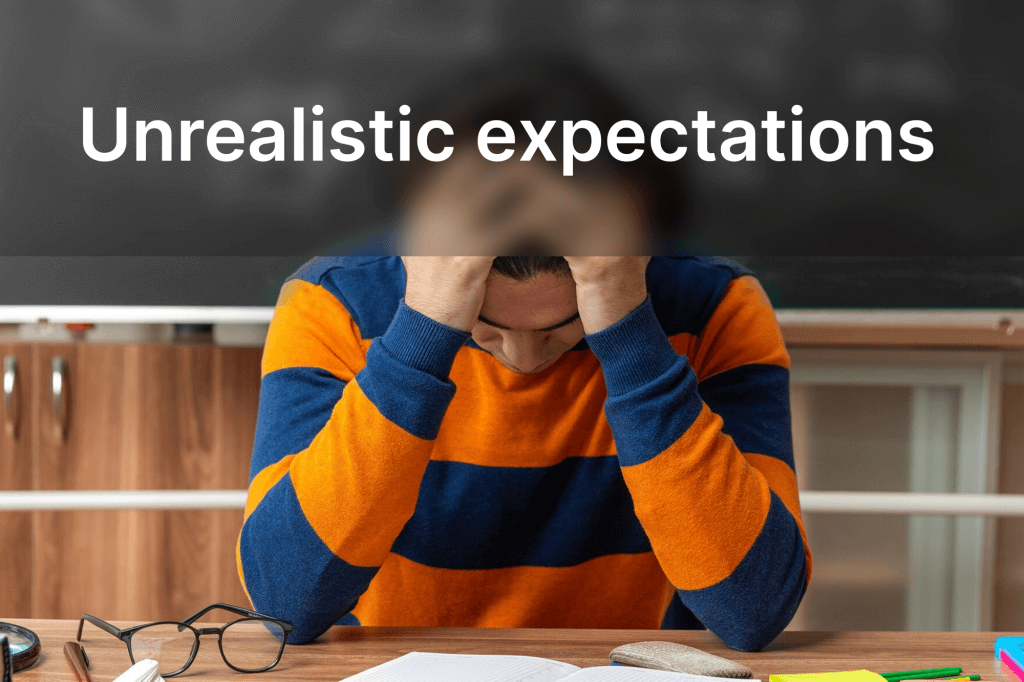
The nationwide obsession with K12 testing means teachers are constantly under pressure to help their students achieve higher scores year over year.
This is a hefty challenge of its own, but it’s not the only pressure teachers are under. Teachers must also execute differentiated instruction based on student data and native languages, manage IEPs, support behavioral intervention plans, attend department meetings and PD, communicate often with parents, and guide extracurricular programs.
And while many teachers are often glad to put in extra hours to help students succeed, the endless workload that comes with being an educator means teachers often have virtually no work-life balance. Teachers have kids of their own, get master’s degrees at night school, and trot around the country attending conferences to further their professional development, often on their dime.
Combine this with burnout and feeling unsupported in their work, even the most seasoned teachers can feel like it’s hard to keep their heads above water.
Reflection is not just another tool
We’ve all heard the collective groan of teachers when you offer “another tool” to fix all their problems. Reflection isn’t just a tool to implement, use it once or twice, and replace it with newer, shinier tools later.
Hear us out – with the help of AI, MirrorTalk builds empowering reflective routines for teachers (and their students) to help them think deeper about their challenges, call out and regulate their emotions, take ownership over things that are within their control to change and build the mental resiliency to face whatever new challenges come next (because, let’s face it – in education, there will always be new challenges).
MirrorTalk will change the game for teachers
MirrorTalk reduces teachers’ workloads
MirrorTalk’s reflective prompts are generated automatically for teachers, eliminating the need to craft time-consuming formative assessments. All teachers need to enter is their learning objective and MirrorTalk takes care of the rest.
MirrorTalk then instantly aggregates well-rounded insights about the whole child, so teachers don’t have to Macgyver a billion strategies together to find out how to help each student succeed.
MirrorTalk offers SEL support for teachers
MirrorTalk directly supports emotional regulation by having participants reflect out loud privately on topics that are stressful and difficult to share with others
Each reflection offers stress relief with mental and physical recharge activities that are built right in to the experience.
MirrorTalk helps teachers regain some control in their never-ending chaos
MirrorTalk empowers teachers and gives them the autonomy to reflect freely on topics that matter to them. This opens up space for them to wrap their heads around what they’re struggling with and MirrorTalk provides actionable feedback to help them prioritize what’s in their control and what isn’t.
What school leaders are saying
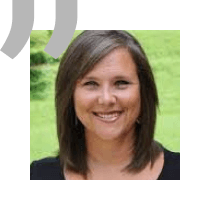
MirrorTalk is a low-impact way for teachers to use AI that also has a high-impact yield for students. MirrorTalk pushes students to go deeper which takes a lot of pressure off teachers.
Ashley Jackson, Principal, Metro Nashville Public Schools, TN
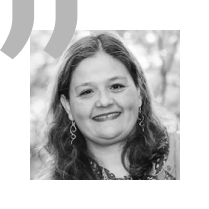
MirrorTalk functions as a supportive coach, offering balanced feedback that highlights strengths while suggesting improvements without judgment. Its personalized, actionable recommendations align with our PLC goals for teacher development.
Patricia Venegas-Weber, Researcher, University of Washington – College of Education, WA
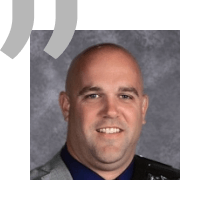
The feedback teachers received from their very first reflection hooked them and made them feel like someone was really listening to their concerns.
Kacy Carter, Principal, Jackson Local School District, OH

MirrorTalk promotes intentional reflection among educators through brief daily moments that build over time. These reflections help prevent burnout by reconnecting teachers with their purpose in the best profession in the world: teaching.
Samantha Fecich, Ph.D, Professor, Grove City College, PA
Give teachers the individualized support they need with MirrorTalk + M2
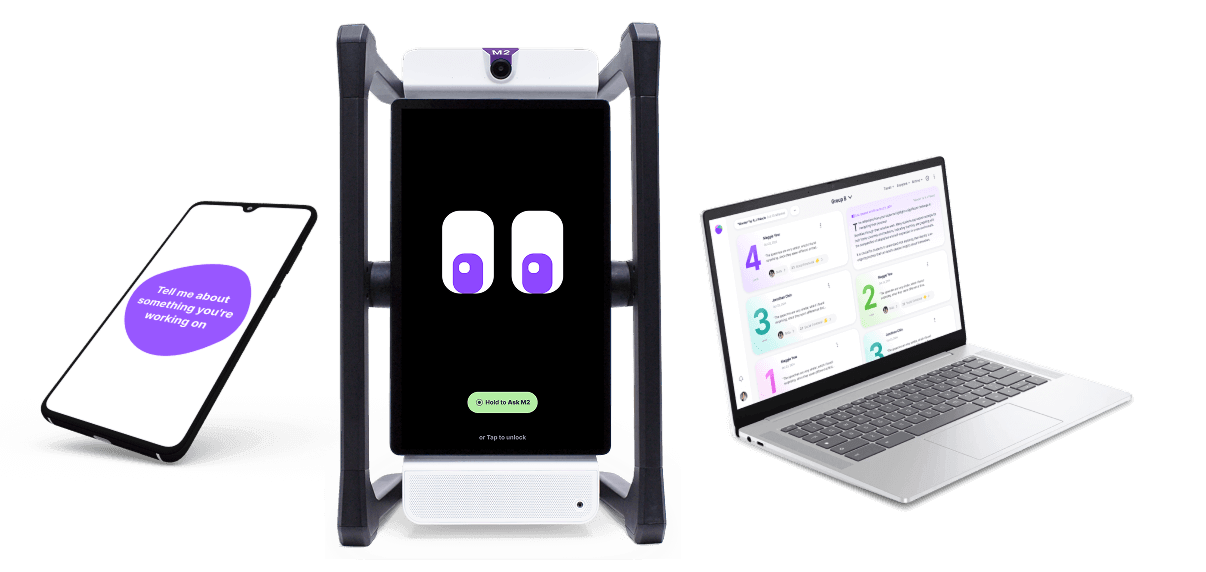
MirrorTalk + M2 (hardware) is the ultimate support system for teachers, helping them manage workloads, enhance classroom engagement, and create sustainable teaching practices. With real-time feedback on instruction and small-group learning management, M2 lightens the load—so educators can focus on what matters most.
Schedule a live demo today to see it in action!